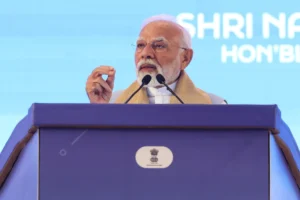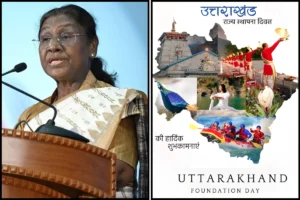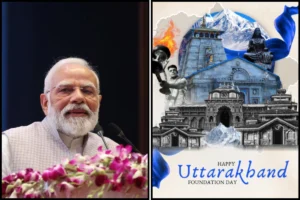
Apex Court Permits Withdrawal Of Request Filed By NRI Accused In Imported Coal Scam Case
In a significant development, the Supreme Court has strongly criticized the legal counsel representing the Union Territory of Jammu and Kashmir for not presenting accurate facts during the hearing of an appeal regarding an appointment issue. This incident took place before a vacation bench headed by Justice Abhay S Oka.
The court’s frustration was evident as Justice Oka questioned whether the appointment in question was made following the order of the High Court. The petitioner’s lawyer responded negatively. This exchange led the Supreme Court to inquire further, specifically about a contempt order passed by the High Court. To the court’s surprise, this critical piece of information was not included in the Special Leave Petition (SLP) filed before them.
Justice Oka expressed his dissatisfaction, stating, “The problem in the Supreme Court is that we are never told the correct facts, like in this case. We have downloaded the order passed in the contempt petition by going to the website of the High Court ourselves. Nothing has been presented before us in the appeal.”
The lawyer representing the Union Territory admitted to being unaware of the contempt order. This admission further aggravated the court’s concerns about the thoroughness and accuracy of the information provided by the counsel.
Justice Oka directed the counsel to “take instructions and give clear information,” emphasizing the importance of presenting complete and accurate facts in legal proceedings. The case was then adjourned, with the court passing over the matter to allow the lawyer time to consult with their client and gather the necessary information.
Also read: India Contributes $1.16 Million To Promote Hindi At United Nations
This incident underscores the critical importance of due diligence and transparency in legal representations, especially in higher courts. The Supreme Court’s strong reprimand serves as a reminder to legal professionals about the necessity of presenting comprehensive and accurate information to ensure fair and just adjudication of cases.
The issue at hand involves the procedural and substantive aspects of an appointment in the Union Territory of Jammu and Kashmir, highlighting the judiciary’s role in ensuring administrative actions comply with legal standards. The case is set to continue once the counsel provides the required instructions and complete facts, as directed by the Supreme Court.
To read more such news, download Bharat Express news apps




















